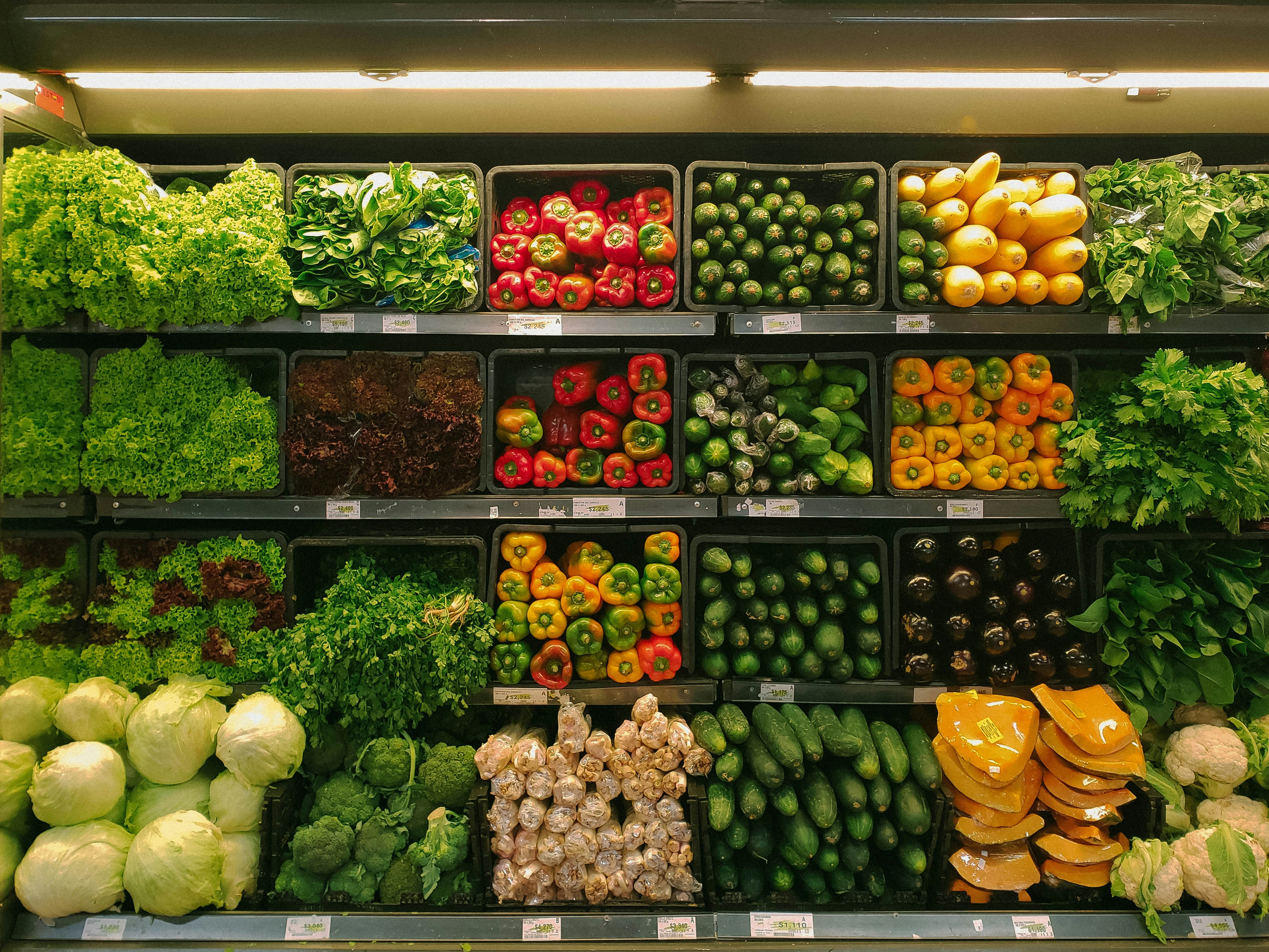
Do not index
Do not index
A samasta (Comprehensive) Guide to Improve and Enhance Male Fertility
When couples are trying to conceive, the spotlight often falls on the woman. However, it's important to remember that both partners play crucial roles in conception. Studies indicate that male partners may contribute to fertility issues up to 50% of the time. In fact, male infertility accounts for a third of all infertility cases.
Lifestyle changes, such as a healthy diet, can significantly impact a man's overall health, including his fertility. While it's well known that a nutritious diet affects general wellness, its role in male fertility, including sperm count and testosterone levels, is less commonly discussed.
In this article we explore what a fertility-boosting diet for men should include. This guide highlights the top foods to enhance male fertility, semen quality, and overall sperm count.
Foods to Enhance Sperm Health & Sperm Count
Green Leafy Vegetables

Greens like kale, spinach and fenugreek are rich in vitamin B9 (folate) and other nutrients. Folate acts as an antioxidant, protecting sperm from free radicals. Low folate levels are associated with sperm DNA damage and lower sperm counts. Research suggests that men with adequate folate levels have better fertility outcomes during IVF treatments.
Bottom Line: Incorporate green leafy vegetables into your diet to boost male fertility. Beets and nuts are also excellent choices if leafy greens aren't to your taste.
Tomatoes

Tomatoes are packed with lycopene, an antioxidant that may improve male fertility. Studies show a positive relationship between daily tomato juice consumption and improved sperm motility. Cooking tomatoes with a bit of fat, like olive oil, enhances lycopene absorption.
Bottom Line: Include a few servings of tomatoes each week. Marinara sauce (without added sugar and unnecessary ingredients) is a good option.
Walnuts

Walnuts are a rich source of omega-3 fatty acids and antioxidants, which help combat oxidative stress that can damage sperm. Studies show that men who included walnuts in their diet experienced significant improvements in sperm count, vitality, motility, shape, and size, along with reduced DNA fragmentation.
Bottom Line: Add walnuts to your daily routine. Incorporate them into yogurt, oatmeal, or smoothies for a nutritious boost. Even occasional consumption can positively impact male fertility.
Brazil Nuts
Brazil nuts are a powerhouse of selenium, an antioxidant essential for spermatogenesis and overall male fertility. Just one Brazil nut per day can provide the daily recommended allowance of selenium. While direct studies on Brazil nuts and sperm count are limited, the importance of selenium in male reproductive health is well-established.
Bottom Line: Aim to eat a few Brazil nuts at least twice a week to boost selenium levels. Try them dipped in chocolate for a delightful treat.
Fish and Seafood

Fish and seafood are excellent sources of healthy fats, protein, vitamins, and minerals. They may also contain high levels of antioxidants. Studies indicate that increased seafood consumption is linked to improved fertility outcomes. Men who consumed fish regularly saw higher sperm counts and better sperm morphology.
Bottom Line: Incorporate 2-3 servings of omega-3 rich fish (e.g., salmon, mackerel, anchovies, sardines, herring) per week, ensuring the fish is low in mercury.
Foods Linked with Male Infertility
To optimize fertility, men should also be mindful of foods and substances to avoid or limit, such as alcohol and caffeine.

- Alcohol: Chronic alcohol consumption negatively affects male reproductive hormones, reducing testosterone, semen volume, sperm count, motility, and the number of morphologically normal sperm.
- Caffeine: High intake of caffeine, especially from soft drinks, is linked to lower semen count, volume, and concentration. Coffee consumption may delay successful conception in some studies and is associated with DNA breaks in sperm.
Diet and Male Fertility
Diet and lifestyle changes can significantly impact male fertility. Small adjustments in diet can improve the journey to parenthood for males. For the best results, consistently include foods like fish and seafood, tomatoes, walnuts, Brazil nuts, and green leafy vegetables in your diet.
By making these relatively simple dietary changes, men can support their fertility and overall reproductive health.
Written by


